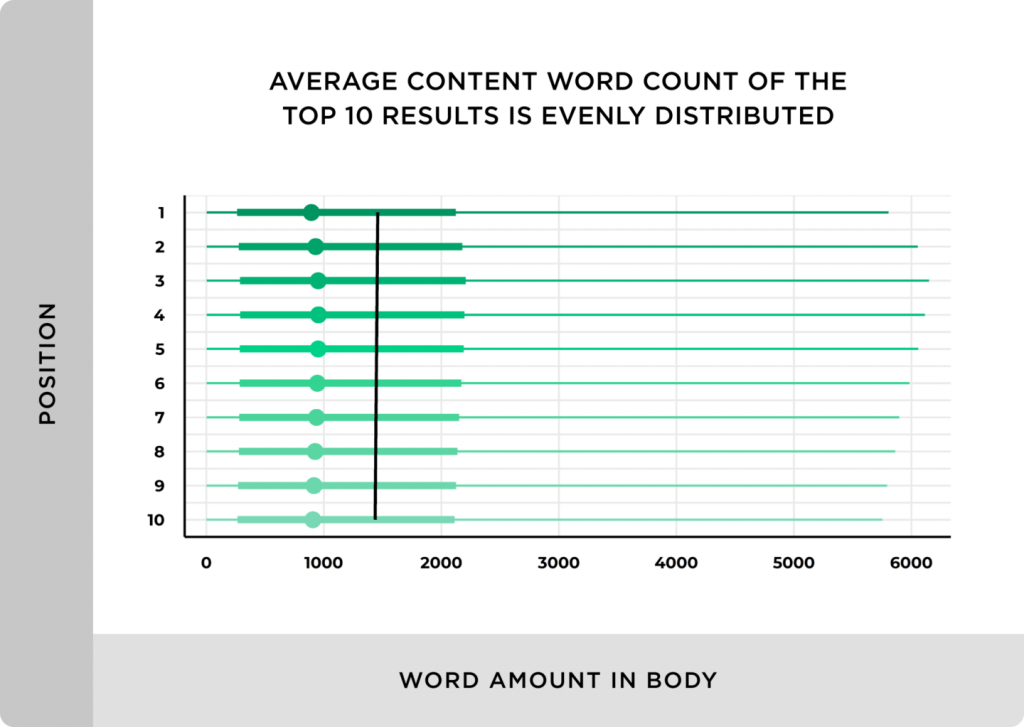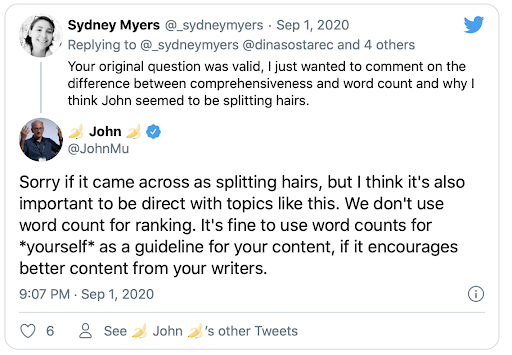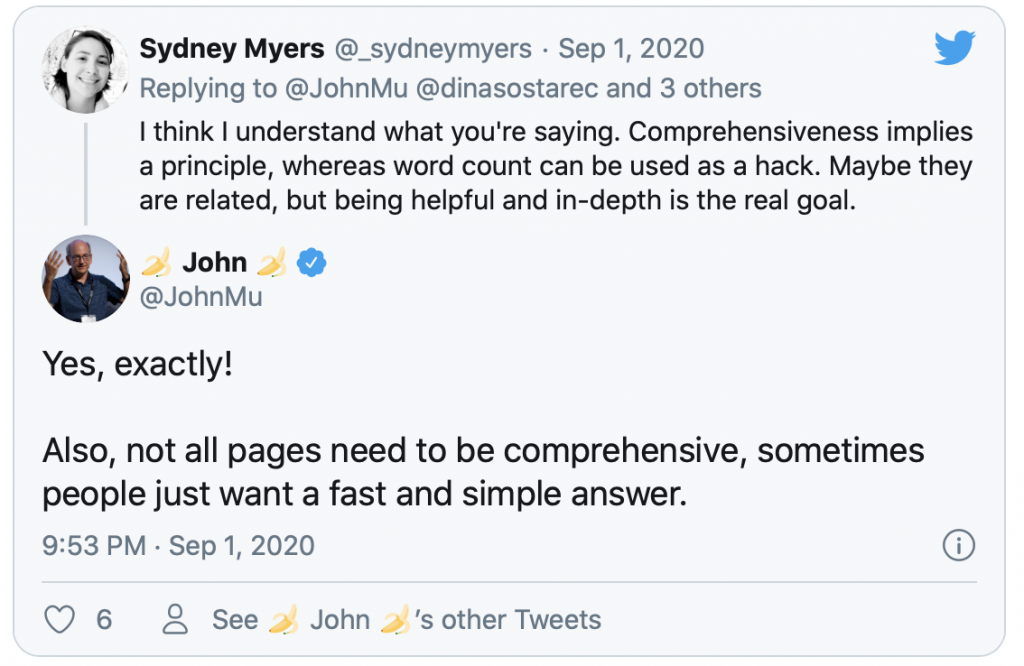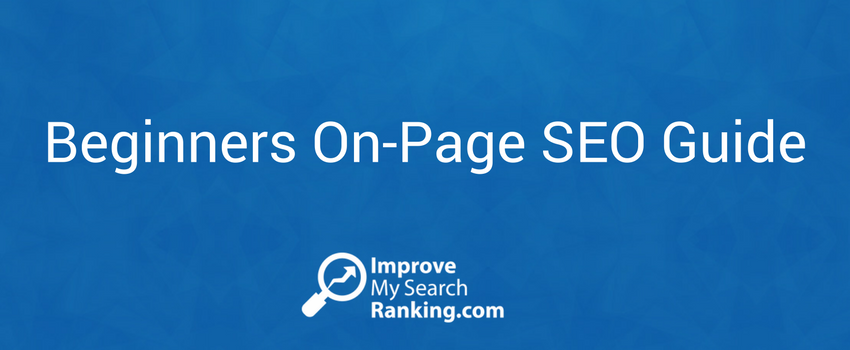
John Mueller Talks About Content, Word Count, & Rankings
Do you need 3,000-word content to rank on the top of Google’s first page? Or will a 700-word blog post do just fine?
Is the quality of information more important than the number of words a web page has? What does the evidence suggest?
These are some of the many questions that content marketers and SEO professionals often think about. Recent evidence suggests that Google prefers long-form content in the search engine results pages, and that’s the type of content that usually gets ranked on Google’s first page.
But does the search engine algorithm really work that way?
Google’s John Mueller recently responded to a question on Twitter and clarified some of these burning questions.
What Did John Mueller Say About Word Count?
A Twitter user analysed the competition in the SERPs, checked the average word count, and asked the following question:
“What if I’m covering more information in less words than competitors. What [does] Google think about word count?”
Responding to this Twitter, John Mueller posed the following question:
“Why would a search engine use word count as a metric?”
This is rather surprising.
As we mentioned earlier, recent evidence suggests that Google ranks pages with high word count. According to a recent study by Backlinko, the average word count in articles that rank on Google’s first page is 1,447.
Another interesting tidbit is that in Google’s SEO Starter Guide, Google mentions that content should be “factually accurate, clearly written, and comprehensive.”
Moreover, the word “comprehensive” is mentioned 30 times in Google’s Quality Rater Guidelines.
As you can see, the “comprehensive content syndrome” isn’t completely unjustified. However, John Mueller mentioned that the comprehensiveness of a web page does not depend on the total number of words.
John also explicitly clarified that Google does not use word count as a ranking factor.
Mueller also mentioned another important point.
According to him, not all pieces of content need to be “comprehensive”.
Some questions just require a direct, quick, and simple answer. In that case, not all pages need to be comprehensive.
Summary
If we are to summarise this entire “explanation”:
- Google does not use word count as a ranking factor
- The content should be comprehensive, factually accurate, and clearly written. That’s more important than artificially increasing the word count.
- Lastly, not all questions need a 4,000-word answer. Sometimes, a simple answer will rank higher because it helps users in a better way.











